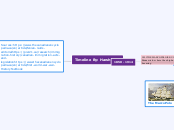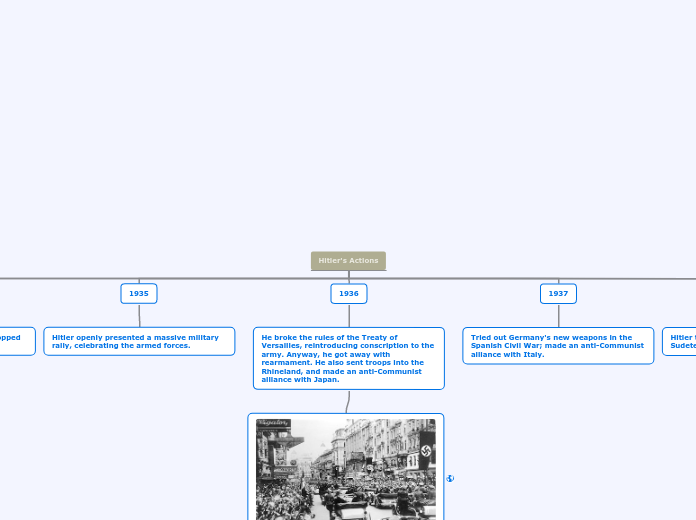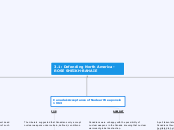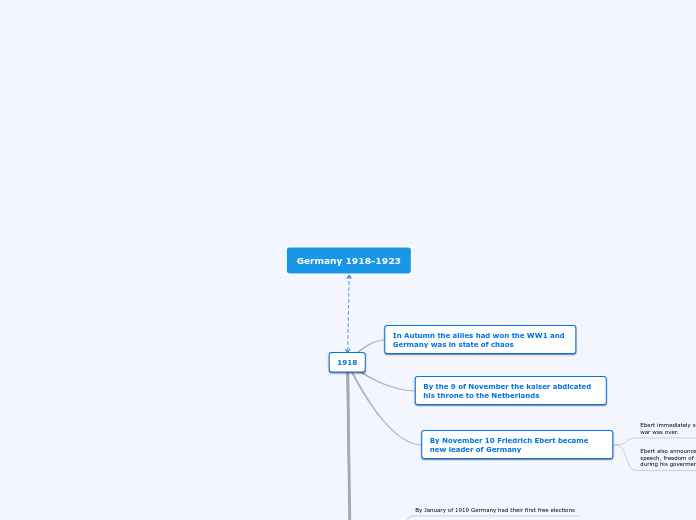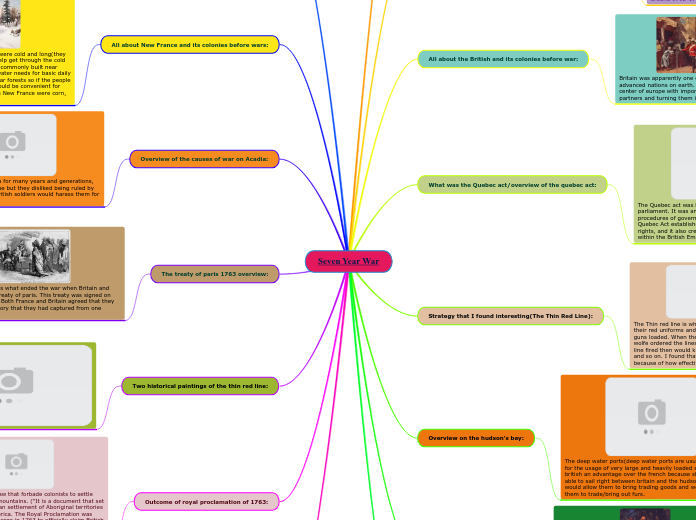Information on
World War 1
Canada's Navy
Immigration Act
A Streetcar
Parades on Queen
Victoria's Diamond
Jubilee
Children Playing
Public Schools
Louis Riel
Residential School Children
Canadian Pacific Railway
Indian Act
Northwest Mounted Police
The Dominion Lands Act
Manitoba Act
London Conference
The Fenians
Conference Representatives
The Representatives
The American Civil War
Reciprocity Treaty
The Marco Polo
Timeline
By: Harsheen
Sources:
https://www.thecanadianencyclopedia.ca/en/article/fenian-raids-editorial
https://pier21.ca/research/immigration-history/canadian-immigration-acts-and-legislation
https://www.thecanadianencyclopedia.ca/en/article/first-world-war-wwi
- History Textbook
1850 - 1914
1851
THE MARCO POLO IS BUILT
- located in New Brunswick
- where the shipbuilding industry is booming
1854
RECIPROCITY TREATY IS SIGNED
- between Britain and the United States
- allowed free trade between countries
- no taxes included between these two
1862
BRITAIN SENDS 10 000 TROOPS
- sent to British North America
- this is during the American Civil War
September,1864
THE CHARLOTTETOWN CONFERENCE
- representatives from Nova Scotia, Prince Edward Island and New Brunswick
- to discuss a Maritime Union
- first of three sets of meetings
October,1864
THE QUEBEC CONFERENCE
- representatives from Canada West, Canada East and the Atlantic Colonies
- to discuss and debate the needs and wants of the colonies
- only the province of Canada, New Brunswick and Nova Scotia agreed to join confederation
- Prince Edward Island and Newfoundland were not convinced
June,1866
THE FENIANS INVADE BRITISH NORTH AMERICA
- the Fenians were members of a movement
- 1 000 heavily armed Fenians crossed the Niagara River from Buffalo, New York
- they were led by John O'Neil a former US Calvary officer
- British North America was unprepared for combat, only half their troops had practiced firing their rifles with live amunition
December,1866 - March,1867
THE LONDON CONFERENCE
- fathers of confederation traveled to England to write the British North America Act
- the act officially ended their status as individual British Colonies
- the colonies would be united by an act of the British Parliament
May 12,1870
THE MANITOBA ACT
- the act officially created Manitoba as a province
- it made sure the Metis' religious and language rights were guaranteed
- the Metis and French Canadians were pleased by Prime Minister MacDonalds decision
1872
THE DOMINION LANDS ACT
- this gave away land to farmers in the Northwest
- this applied to farmers who cleared between 15-50 acres of land
- farmers had to have planted crops and homes built within three years of settlement
May,1873
THE NORTHWEST MOUNTED POLICE ARRIVE
- they maintained law and order in the area
- ensured that First Nations complied with the regulations
1876
THE INDIAN ACT PASSES
- set of regulations that controlled First Nations
- the Metis and Inuit were not included in this act
1881
CONSTRUCTION OF THE CANADIAN PACIFIC RAILWAY
- the railway travelled through the Northwest
- the government recruited people from China to build the railway
- Chinese workers received $1 per day, while white workers got $1.50 - $2.50 per day
- one Chinese worker died for every mile of the railway
1883
CANADIAN GOVERNMENT ESTABLISHES RESIDENTIAL SCHOOLS
- designed to assimilate and educate First Nations children
- children as young as four, were taken from their homes and forced to live in schools away from their families
- they were forced to learn and speak English or French
- were forbidden from practicing their own cultural and spiritual traditions
- most schools were located in Western Canada or Northern Ontario
November 16,1885
RIEL WAS EXECUTED
- the jury found Riel guilty of treason, but recommended mercy
- French Catholic Canada found Riel as a heroic defender of French and Catholic rights
- if Prime Minister MacDonald freed Riel, he would offend English Canada, if he punished Riel harshly, he would lose Quebec's support
- in the end, MacDonald decided to hand Riel
1890
THE PUBLIC SCHOOLS ACT
- it cancelled funding for Catholic schools
- it also eliminated French as an official language in the province
- Prime Minister MacDonald refused to get involved, thinking that if he did it would strengthen the province's resistance to federal control
1892
LAWS FOR CHILDREN
- people began to see childhood as a time for education and play
- laws were passed that prevented children from working
- child labor was discouraged
- children were banned from entering saloons, pool rooms and dance halls
- they were no longer allowed to beg or perform on the street
- separate courts were created for children up to 16, who had been accused of crime
June 22, 1897
QUEEN VICTORIA'S DIAMOND JUBILEE
- this occasion was an observance of the Queen's 60th anniversary on the throne
- it was also an opportunity for all of the British Colonies to show their allegiance to the British Empire
- the Queen's diamond jubilee was celebrated with parades, speeches, receptions all across Canada
- the diamond jubilee brought Canadians from diverse backgrounds together
- children also participated in these celebrations
1899
THE LONDON STREETCAR STRIKE
- streetcar workers in London, Ontario, walked off the job
- 79 strikers refused to work
- the strikers' goal was to make their American employer, Henry Everett, raise their wages and reduce their hours
- Everett refused and locked the employees out. Then replaced them with new, non-unionized employees
- these new employees were known as Strikebreakers
- This strike went on for a long time
1906
IMMIGRATION ACT
- a more restrictive immigration policy
- this act didn't restrict immigrants based on their culture, ethnicity, or nationality
- the government would be allowed to prohibit any class of immigrants when necessary
1908 - 1910
CANADA ESTABLISHES A NAVY
- Canada was called upon to show its loyalty to the British Empire again
- Canada was asked to contribute money to build up its Navy
- French Canadians opposed this policy, so Laurier proposed that Canada would build a small navy of its own instead
- Laurier introduced the Navel Service Bill in Parliament on January 12, 1910
July 28,1914 - November 11,1918
FIRST WORLD WAR (WW1)
- WW1 was the most brutal conflict in Canadian history
- Nearly 61,000 Canadians died
- the Canadian Parliament didn't choose to go to war, it was because of the British Empire
- there was a fund called The Canadian Patriotic Fund, which collected money to support the families of the soldiers
